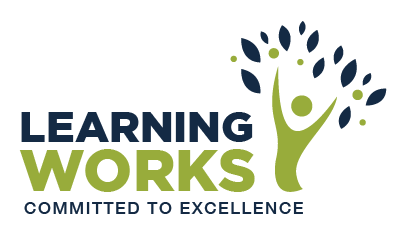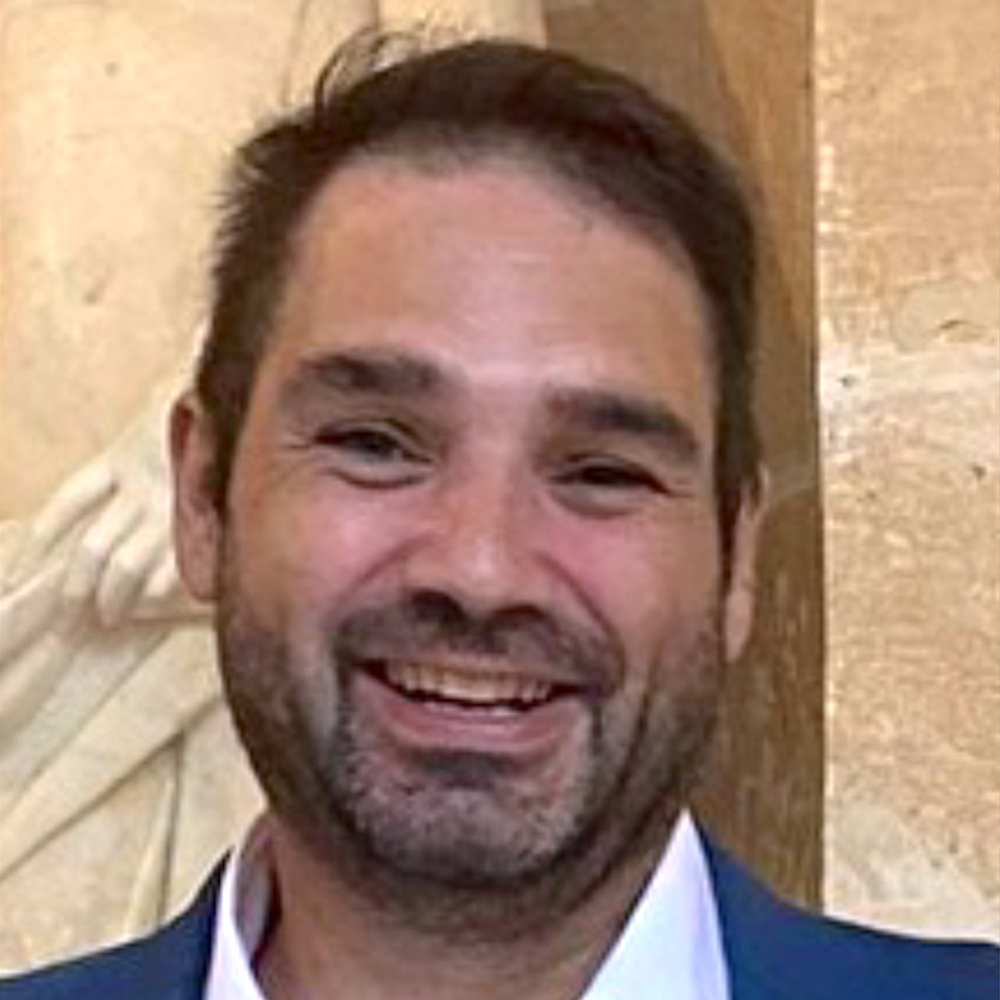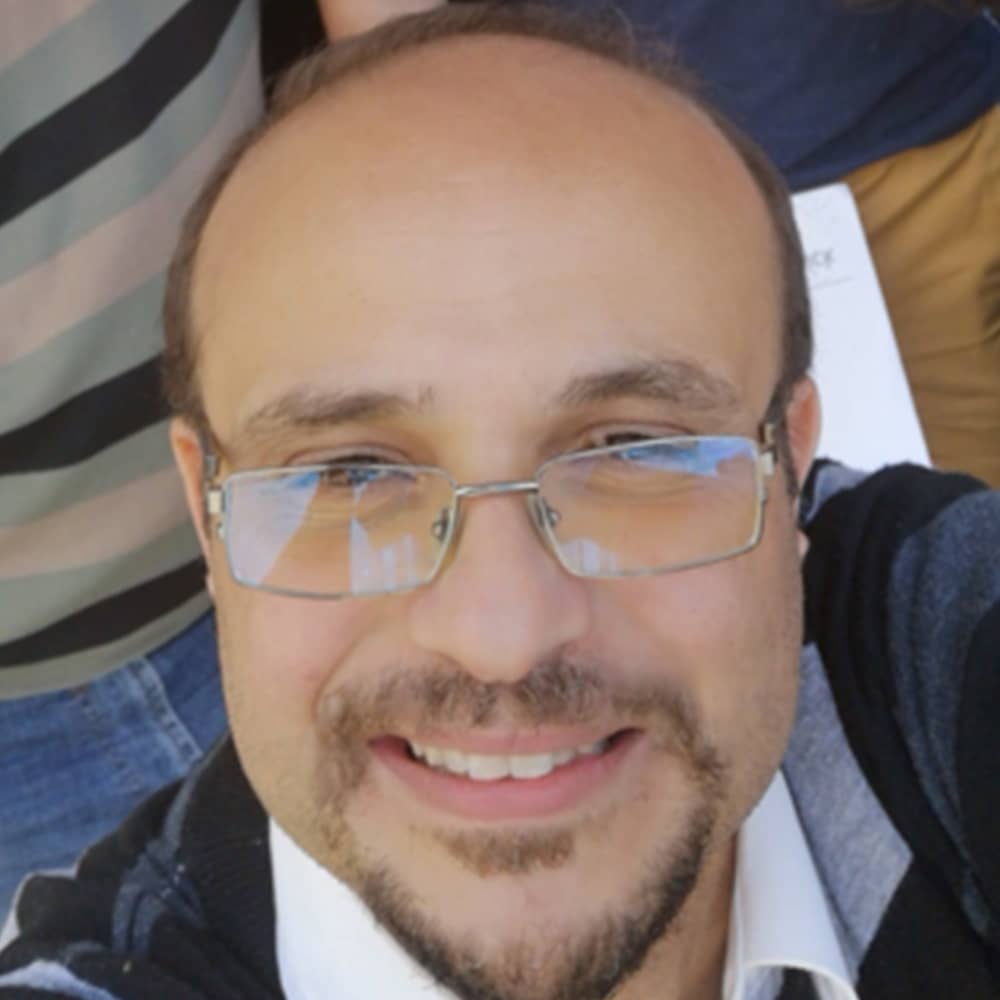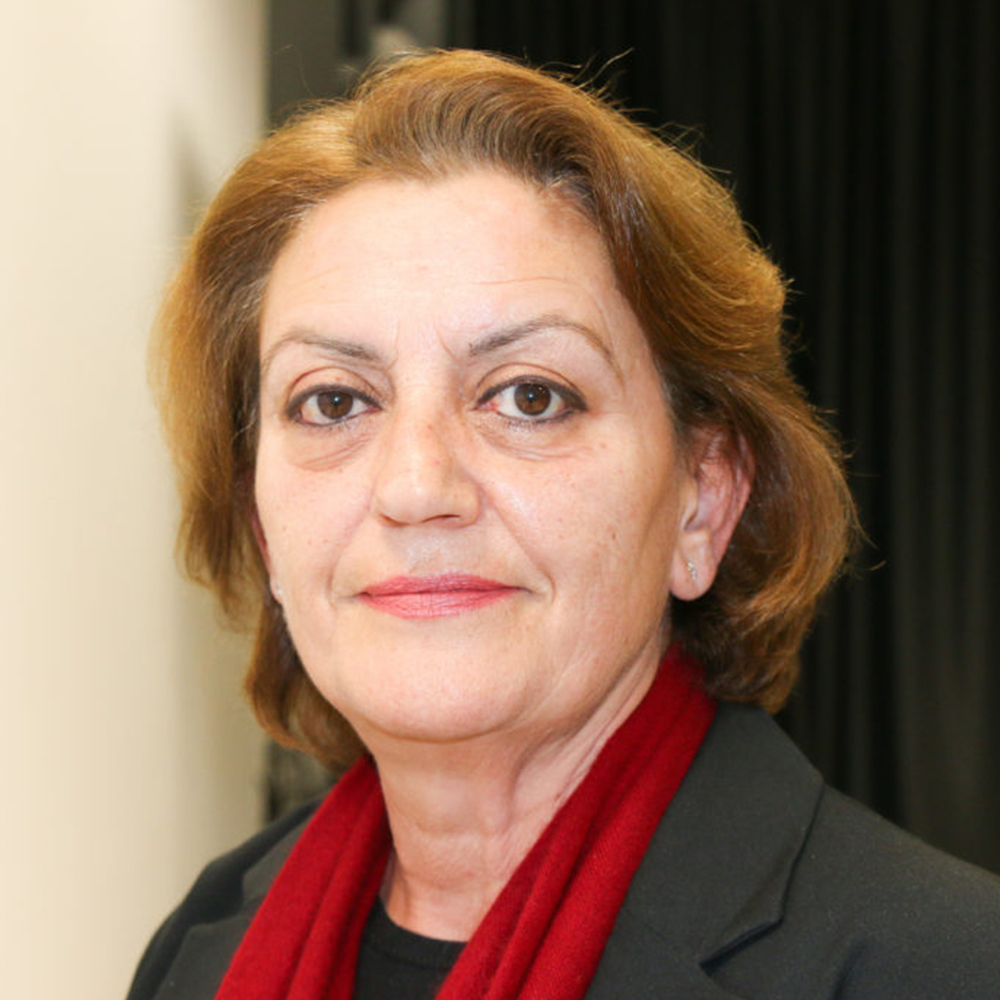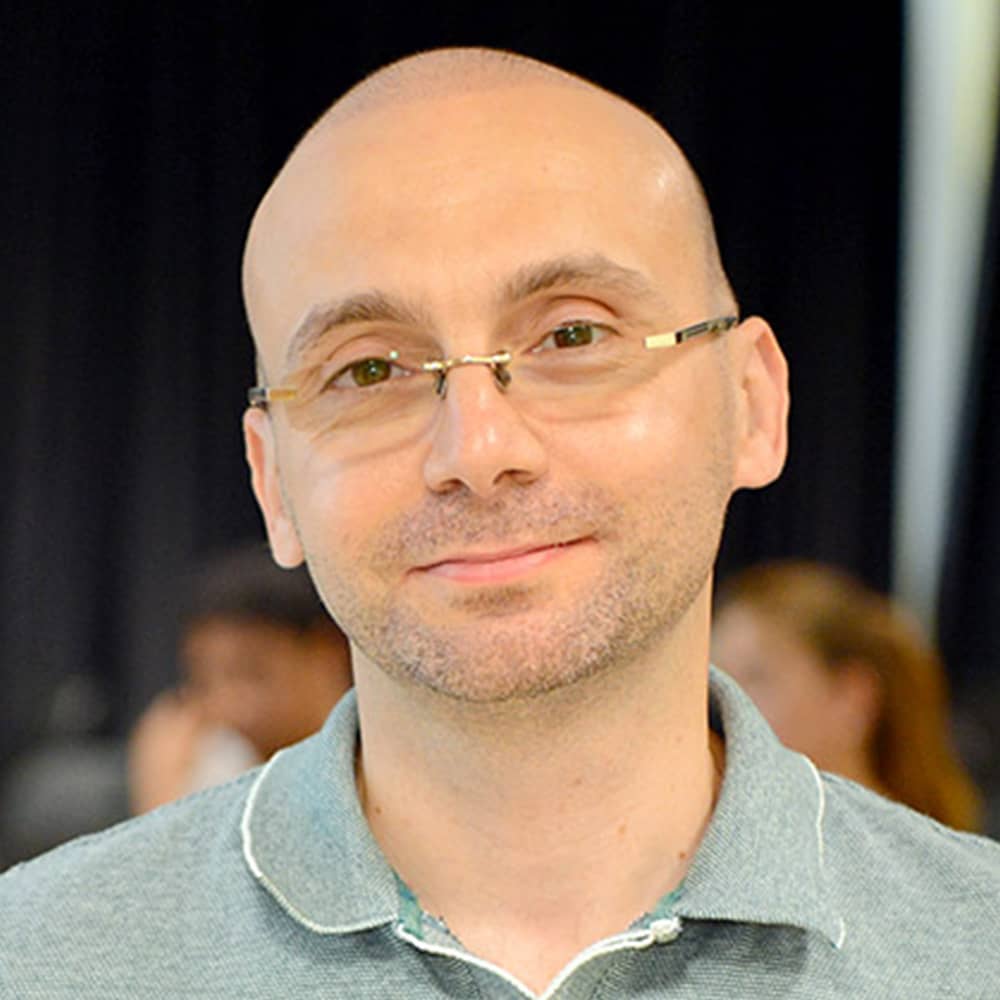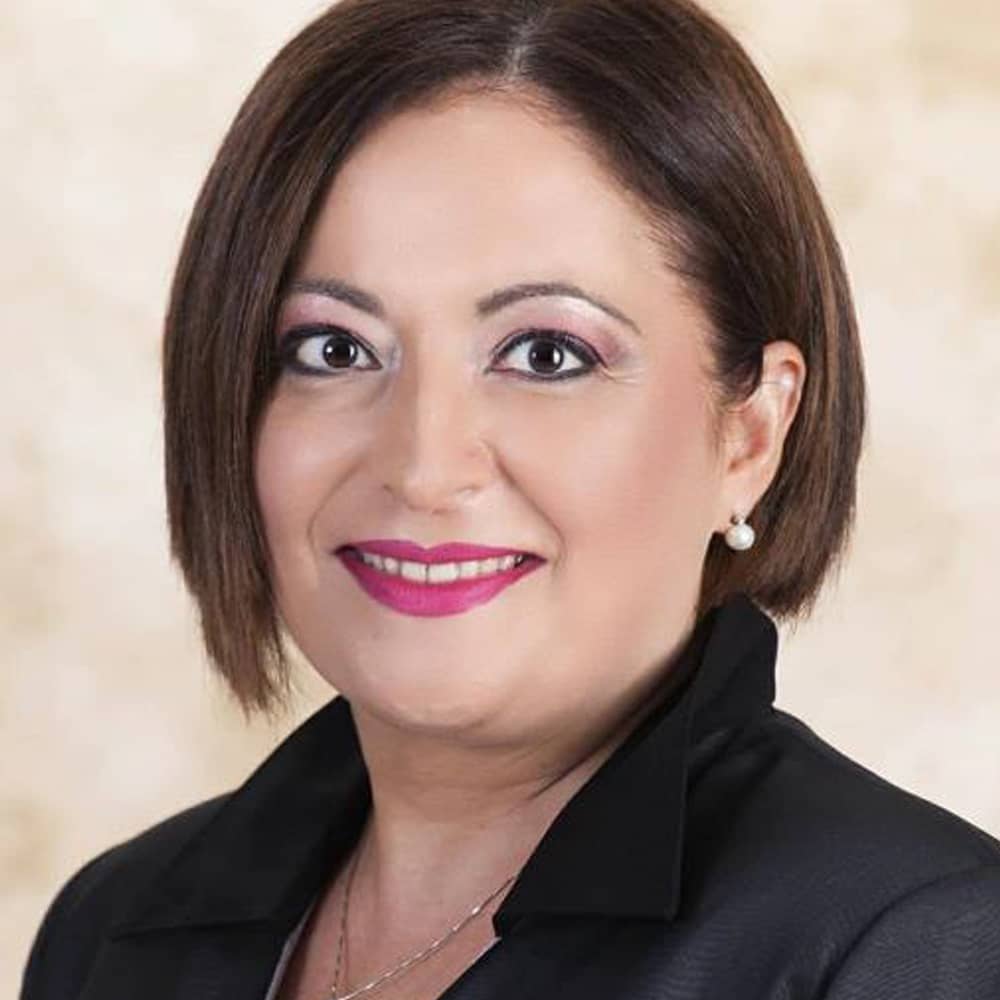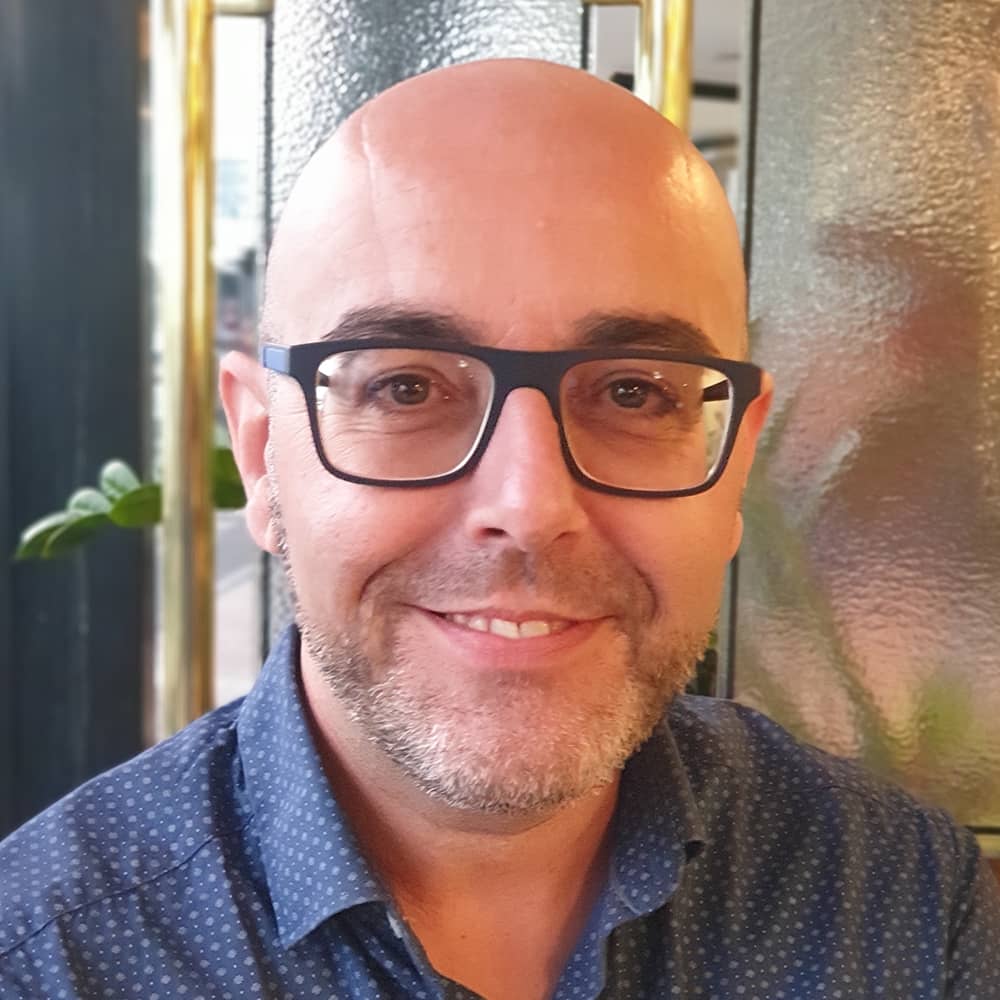Course Description
This course builds on existing knowledge and experience and is aimed at providing the student with advanced knowledge, skills and competences required to work and progress in the caring profession within various care settings.
Learning Outcomes
By the end of the course programme, students will be able to:
- Apply analytical and evaluative techniques and enhance those skills.
- Understanding of emotional intelligence and advanced communication techniques for individuals, relatives and family.
- Develop awareness and appreciation of managerial and quality issues.
- Management and leadership concepts pertinent to effective healthcare decision making.
- Legal frameworks and emerging policies and ethics underlying these
- Impact of psycho-sociological factors in healthcare.
- Concepts of dignity, equality, diversity, inclusion and preventing abuse.
- The acquired knowledge will enable the student to communicate effectively using emotional intelligence.
- Apply person centred care and help the individual lead a meaningful and fulfilled life with dignity.
- Be able to carry out a range of basic clinical skills.
- Apply quality management principles in practice.
- Effectively support and care for an individual living in the community or residential care setting.
- Manage and monitor a plan of treatment and/or care and contribute towards its’ implementation.
- Exercise judgment and critical analysis, own and take responsibility for decisions and actions.
- Develop ability to recognise and reflect on personal learning and improve their professional skills.
Target Candidates
The Award is aimed at students who already possess a Level 3 qualification in Healthcare and wish to develop their knowledge and skills at a higher level in order to progress in their career towards management level.
| Course Code | Duration | Credit Value | Next Intake | FT/PT |
|---|---|---|---|---|
| LW/HSC/002 | 10 months | 24 ECTS | July 2024 | PT |
| Contact Hours | Placement Hours | Self Study Hours | Assessment Hours | Total Learning Hours |
|---|---|---|---|---|
| 120 | 46 | 240 | 194 | 600 |
Mode of Training
Lectures and practice
Assessment
Assessments include a mix of written examinations, assignments, individual and group presentations and use of contemporary case studies. In addition students will be assessed on their portfolio of evidence for each unit.
Awarding Body
Learning Works
Course Structure
Module 1: Anatomy and Physiology (1 ECTS)
This unit sets out to facilitate students to understand the relationship between the concepts of biological health and homeostasis and to examine processes and mechanisms that regulate and integrate physiological functions in order to maintain biological health. The unit focuses on selected biological systems relevant to the practice of healthcare professionals.
Module 2: Basic Pharmacology (1 ECTS)
The purpose of this unit is to introduce students to the basic principles of pharmacology applied to health care. Students are introduced to the major drug groups that affect the differing bodily systems. Throughout this unit, students are enabled to become self-directed learners; specifically, in relation to the most appropriate means of accessing information about individual drugs, their usages, contraindicates, dosages, and routes of administration. Underpinning the above, the importance of the role of the carer in drug administration and evaluation of their effectiveness is emphasised and students are given specific instruction on drug calculations.
Module 3: Emotional Intelligence for Care (1 ECTS)
The primary focus of this unit is to help students understand the concept of “emotional intelligence” and its role in modern healthcare leadership. The concept will be outlined and contextualised within the healthcare environment, to appreciate how aspects of emotional intelligence support everyday human interactions.
Module 4: Management and Leadership in Healthcare (1 ECTS)
ThIs unit examines contemporary management and leadership issues which impact on healthcare contexts. Students will explore and debate approaches to management and leadership within healthcare organisations and examine how they influence their role as healthcare workers within this context The unit covers the skills needed to manage a quality, person-centered health service, including the role of the manager and the importance of leadership and people management. It introduces students to the principal frameworks and tools available to practicing managers supporting them in their application of course material to real life management situations in the health service.
Module 5: Advanced Clinical Skills for Healthcare (2 ECTS)
This unit aims to develop students’ clinical skills when working in a healthcare context whether residential or domiciliary. The unit covers key areas in care provision from identifying acute and chronic conditions, identifying skin and tissue problems, taking blood samples, treating and dressing lesions and wounds. At all times students will need to understand the importance of their professional working practices in adhering to standards, guidelines, procedures and working with individuals in a compassionate and caring manner.
Module 6: Legislation and Ethics (2 ECTS)
This unit introduces students to the fundamental moral principles, ethical issues in health care and how these are reflected in legislation. In parallel the unit focuses on the existing legislative framework for healthcare and emerging policies in this area. The unit explores the underlying principles and nature of moral responsibility (ethics), analyse and review notions of autonomy, duty, justice, truth, rights and equality and last but not least, it seeks to effectively manage the relationship between the personal and professional judgments.
Module 7: Health and Safety in Care (2 ECTS)
Health and safety are a vital priority in all health and social care practice and this unit gives students an understanding of key principles that underpin work in the sector. On completing this unit, students will understand how to minimise risks to all individuals in healthcare settings, be they service users, their friends and family, or employees in the setting. At the end of the unit, students should be able to foresee potential hazards and know how to make appropriate responses to minimise risks, in the context of relevant legal and local policy requirements.
Module 8: Understanding Dementia (2 ECTS)
This Unit provides students with an understanding of the neurology and diagnosis of dementia. It provides students with the knowledge of the neurology of dementia to support the understanding of how individuals may experience dementia and its impact on them and others. It is viewed from a holistic standpoint and focuses on introducing students to person-centered care for individuals with dementia.
Module 9: Caring for Individuals and Models of Care (3 ECTS)
This unit enables students to recognise the value of a person-centered approach to adult health and social care. The focus of the unit is on person-centered values and the reasons why these should influence all aspects of care work. This is further explored by comparing and contrasting a range of care models The use of the person-centered approach is investigated with regard to the formation and use of care plans in ensuring that individuals have their needs, preferences and wishes addressed. The use of personal histories is explained and their value analysed in respect of contributing to the promotion of self-esteem and individual identity. The unit also discusses issues around risk management and their place in a person-centered approach to care and support.
Module 10: Psycho-sociological Perspectives in Care (3 ECTS)
The aim of this unit is to identify the impact psychosociological factor have on healthcare practice. Sociologists investigate the interaction between society and health. Psychologists explore the relationship among psychological, cultural, behavioural factors and health. Together they have informed our understanding of health and illness, contributed to major changes in healthcare policy and been useful in developing behaviour modification therapies and improving the health status of individuals. Understanding how these perspectives are used to inform their practice, deepens students’ approach to caring for individuals and supports the development of skills and behaviours for effective professional practice.
Module 11: Managing Quality in Healthcare (3 ECTS)
The aim of this unit is to identify the impact psychosociological factors have on healthcare practice. Sociologists investigate the interaction between society and health. Psychologists explore the relationship among psychological, cultural, behavioural factors and health. Together they have informed our understanding of health and illness, contributed to major changes in healthcare policy and been useful in developing behaviour modification therapies and improving the health status of individuals. Understanding how these perspectives are used to inform their practice, deepens students’ approach to caring for individuals and supports the development of skills and behaviours for effective professional practice.
Module 12: Promoting and Supporting Individual's Rights and Preventing Abuse (3 ECTS)
This unit provides students with an understanding of the importance of diversity, equality, inclusion and prevention of abuse in promoting an individual’s right to dignity. It defines the terms and supports the learner in investigating the importance of dignity and inclusive practice in healthcare. Key legislation is examined and the consequences of non-compliance in the work place.
Entry Requirements
Learners need to satisfy the following criteria:
- Ages 18 +
- Hold a Level 3 qualification in Healthcare
- Be able to communicate in the English Language
- Hold a clean Police Conduct Certificate.
